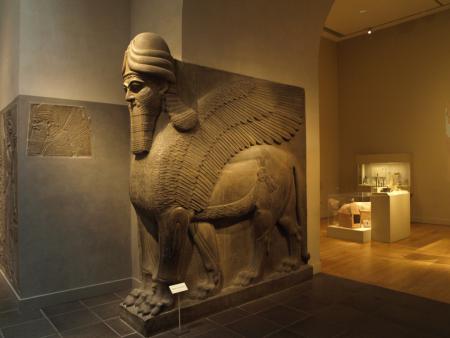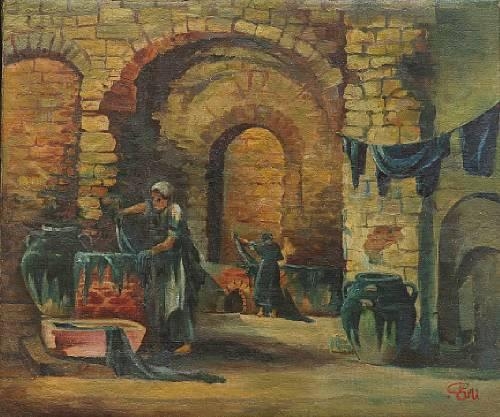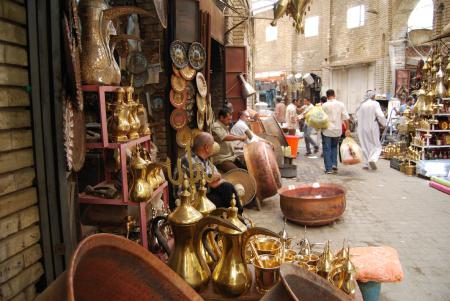Geography
Location:
Situated in the Middle East, Iraq is bordered by Türkiye to the north, Iran to the east, Kuwait to the southeast, Saudi Arabia to the south, Jordan to the southwest, and Syria to the west.

Topography: Iraq’s landscape is diverse, encompassing deserts, fertile plains (notably the Tigris-Euphrates River system), and mountainous regions in the north (including the Zagros Mountains).
Climate: Arid, with hot summers and mild winters, but climate variations occur across the country.
History
Ancient Mesopotamia: Iraq is home to ancient Mesopotamia, one of the world’s earliest civilizations, where writing, agriculture, and urbanization emerged.
Modern Iraq: Formed from the former Ottoman Empire after World War I, Iraq gained independence in 1932. It has since experienced political instability, including coups, conflicts with neighboring countries, and the 2003 invasion led by the United States.
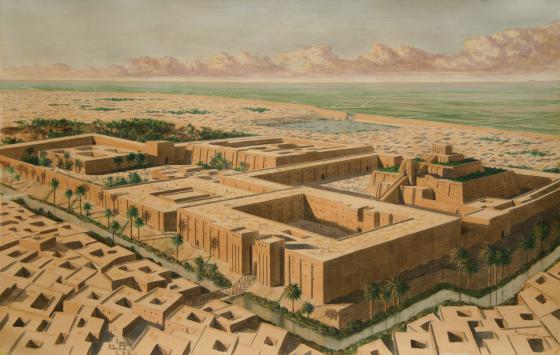
Leader
Current Leader: Iraq operates as a parliamentary democracy with a President as the head of state and a Prime Minister as the head of government. Mustafa Al-Kadhimi currently serves as Prime Minister, while the President is Barham Salih.
Governance: Iraq’s governance structure is defined by its constitution, which enshrines principles of democracy, federalism, and respect for human rights.

Economic Overview
Main Sectors: Iraq’s economy is primarily driven by oil exports, which account for most of the government revenue. However, the country also has sectors such as agriculture, manufacturing, and services.
Relation with Pakistan: Economic ties between Iraq and Pakistan are modest but have potential for growth, particularly in trade, investment, and reconstruction efforts in post-conflict areas.
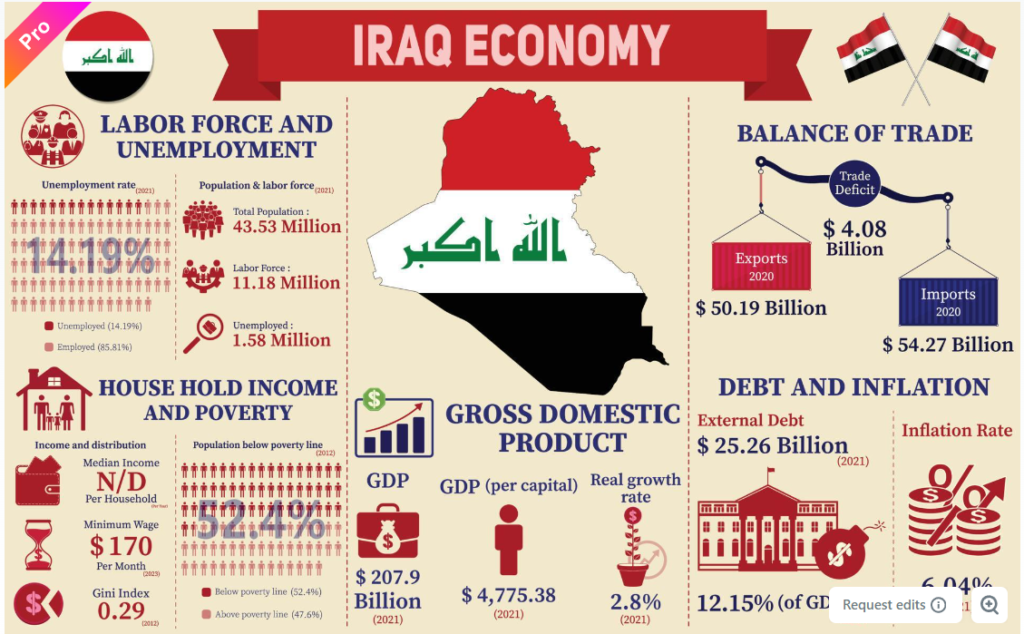
Strategic Importance
Regional Dynamics: Iraq’s strategic location in the heart of the Middle East gives it geopolitical significance, particularly in relation to regional conflicts and diplomatic relations with neighboring countries.
Security Challenges: Iraq faces security challenges, including terrorism, sectarian tensions, and instability resulting from the presence of armed militias. Cooperation with Pakistan on counter-terrorism efforts is crucial for regional stability.

Cultural and Social Aspects
Cultural Heritage: Iraq has a rich cultural heritage, with historical sites such as Babylon, Nineveh, and Ur, which are UNESCO World Heritage Sites. Iraqi culture, literature, and art have influenced the wider region for millennia.
Diaspora and Connections: The Iraqi diaspora is spread across the globe, with communities in countries like Pakistan contributing to cultural exchange and economic ties.
